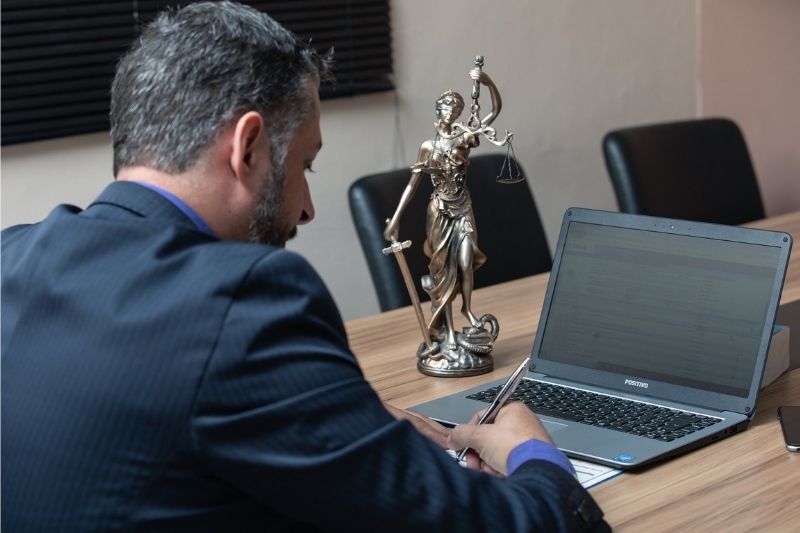No products in the cart.
Choosing the Right Personal Injury Lawyer

Whether you referring a great deal of damage and injury due to someone else’s negligence or someone has filed a personal injury claim against you, you’ll find yourself needing a personal injury lawyer to represent your case. Unfortunately, you may also be short on time, as there’s a specific time limit for the statute of limitations during which you’ll need to file your claim. Under such stressful circumstances, you may be tempted to hire the first personal injury lawyer you find, but we’re here to tell you why that’s not the smartest idea. To make sure you hire the right lawyer who can best represent your case and improve your chances of winning, make sure to follow the next 6 steps. (Image Credit: LEANDRO AGUILAR/Pixabay)
1. Understand Your Case
Before taking any action, understand the full depth of your case. Personal injury is a branch of law under which various cases fall, and the laws, compensation, and case structure, for each case, will vary greatly. For example, there are different laws governing car and truck accidents, both of which vary greatly from the intricacies of medical malpractice personal injury claims.
2. Research Lawyers
With a basic understanding of the dimensions of your case, you’ll start your research by finding the right lawyer. Make sure to search for lawyers who have years of experience under their belt in cases similar to yours and avoid searching for personal injury lawyers in general. You can carry out your research via the internet, and make sure to read clients’ testimonials and reviews. You can also ask your relatives, friends, and trusted acquaintances for personal recommendations. After doing intensive research, shortlist the lawyers to the most promising and suitable candidates.
3. Explain Your Case to the Shortlisted Lawyers
Next, call each lawyer or their agencies, and set up a meeting. In this introductory meeting, you’ll explain your case in detail to the lawyer and take their opinion about the best legal approach and procedures. Make sure you have all the necessary documents, medical records, and personal information available.
4. Ask the Right Questions
There are a few questions you must ask the lawyer at your first meeting. These questions will help you assess the lawyer’s expertise, which will, later on, help you make the right decision. Make sure to get answers for the following questions:
1. Do they have previous experience with similar cases?
Even if your research has pointed you toward their niche experience, you should still ask them and listen to their answer.
2. Did they operate in your area?
Even with years of experience, a personal injury lawyer may fail you if they aren’t familiar with the local laws of your particular state. For instance, Virginia negligence rules state that if the plaintiff, or injured person, is at fault for the accident, then they will definitely lose the case. The Virginia lawyers at www.vatrials.com explain that preparing for personal injury trials thoroughly starts with hiring a specialized, locally-based attorney. From preparing the case to representing you in court, the right lawyer must have a good grasp of the state laws to maneuver your case and win.
3. Do they work alone or with a team?
If they’re working alone, can they guarantee you’ll have their undivided attention? Working with a firm that has multiple lawyers can leave you assured that, in the worst-case scenario, you will have a lawyer representing you despite any personal issues.
4. How will they charge you?
Many lawyers charge contingency fees, meaning you won’t get charged unless they win your case.
5. How will they handle your case if you hire them?
What are the steps and legal procedures you’ll go through if they take your case? What is the timeline?
5. Compare Prospective Lawyers
With all the professional information at hand, it’s time to compare the shortlisted lawyers and decide. During your decision-making session, remember to take personal preferences into account, given that they’re qualified enough to represent you. These preferences include how you’ll be communicating with them and getting updates on your case. You must also be comfortable opening up to them, which is why you’ll want to make sure that you can trust them with your personal information.
When searching for a personal injury lawyer to represent your case, there are few questions you should answer first. After understanding the depth of your case, make sure to interview a couple of different lawyers to help you pick the most qualified one to represent you in court. Take your time comparing all the lawyers you interview until you settle on the one you feel most comfortable with.











Leave a Reply